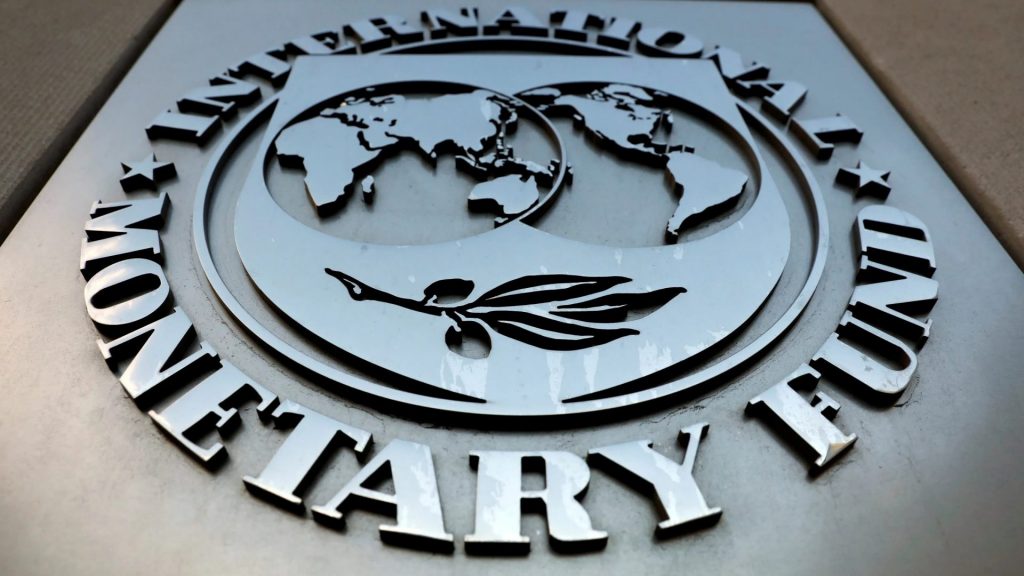A nation in the neighbourhood has won praise from the International Monetary Fund, which tracks the GDP and other aspects of national economies worldwide apart from extending help to member nations in matters of financial stability. IMF statement, while releasing the Global Economic Outlook Report, was that the economic growth of Bangladesh is impressive when the economies of several nations like India are going in the reverse direction. Bangladesh, it said, would surpass India in per capita gross domestic product this year. There was also a stark warning that India could be named as the third poorest country in South Asia – after Pakistan and Nepal. This unfortunately comes at a time when talk of economic concerns within India itself is dying down on a claim that ‘Bharat’ is firmly set on the road to Super Power status because the political leadership is navigating the nation in an extremely capable manner, the kind folks in this sub continent had never seen.
GDP is measured based on several economic parameters, and these by themselves might not always reflect the correct picture of the overall growth of a nation. Per Capita GDP is a metric that breaks down a nation’s economic output per person; and this helps gauge the economic well-being of a nation at its per-person level. Together, these form the barometer to gauge how a nation is faring on the economic front. For developed economies, the GDP growth rate may remain low but per capita GDP would remain high. For instance, the GDP growth for the US for last year was in the range of 2.3 per cent against the previous year’s 2.8 per cent. At the same time, the per capita GDP of the US is in the range of $68,000, of Singapore’s over $95,000 against India’s 6,000 plus, and Pakistan’s and Bangladesh’s 5,000 plus. Considering the way Bangladesh is steadily progressing, it is predicted to beat India very soon in per capita GDP terms. In national GDP terms, it is already doing better than India.
The domestic impression that India’s overall economic strengths remain high as against Pakistan’s or Bangladesh’s or of the other nations in the neighbourhood, other than China, is now being proved false. The political stability that Bangladesh enjoyed in the past 12 years when Sheikh Hasina held the reins without any interruption helped the nation focus major attention on economic growth. Her period saw emphasis on promoting exports. More and more women are being drawn into productive sectors of the economy, be it in the textiles-garments sector or in the farms. When one in five women in India is engaged in work, two in five women in Bangladesh are at work. She also helped create a secular social order for which she not only hanged her father’s murderers, but also put down Islamic extremism with a stern hand. India, on the other hand, replaced extremism of one kind by another. The thoughts governing India’s economic progress are outdated and impractical in today’s world. Inability to change has made those thoughts to become burdens for the nation. No doubt, leadership makes all the difference to a nation. Sheikh Hasina is pragmatic, focused on taking the nation forward, and her strength is also reflected in the way she is tackling the Opposition and curbing fundamentalist streaks in the society. History on her side, she has been a good friend of India so far but may not remain so in the near future.
Many sectors in India are ailing and are not able to catch up with the new global trends or momentum. A recent global ranking has just two Indian higher education institutions finding space in a list of 400 institutions of learning. It is a moot point as to whether the new education policy will be of much help or will it be a tool to make things more primitive.
Another shame awaited India when, three days ago, India was placed at the 94th position in the global hunger index for 2020 that carried a study on 107 nations. Notably, last year, India’s rank was at 102 among 117 nations tracked in the study. Pakistan and Myanmar in the neighbourhood fared better than India but remained as among the bad global cases. Pakistan at 88, Myanmar at 78, Nepal 73 and Sri Lanka 64 leave India red faced. Laziness is a profound national character with India. The Global Poverty Index report is also a hint that the massive subsidized ration scheme for the poor might have failed during the past few years since introduction of schemes like Aadhaar and such like have not really weeded out the corrupt but, rather, the truly needy have been left in the lurch while the crooks have cornered everything.
